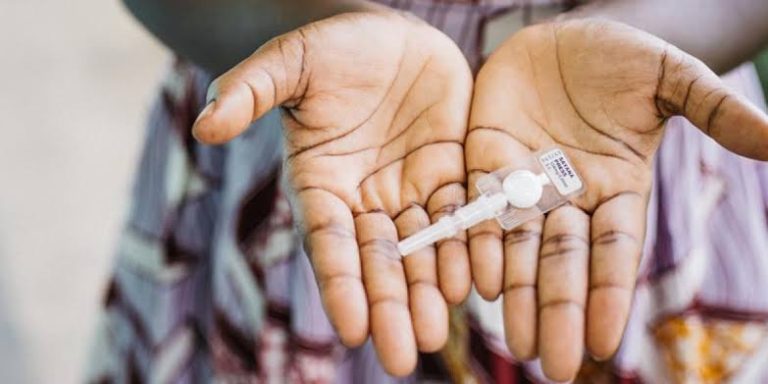A medical expert, Dr Ejike Oji, on Wednesday in Abuja, called on Nigerians to see family planning beyond mere health intervention, but as a transformative tool to empower individuals, strengthen families and accelerate national development.
Oji, who is the Chairman, Local Organising Committee of the 8th Nigeria Family Planning Conference 2024, made the call in his address at the start of the conference in Abuja.
The theme of the five-day conference is: “Sustaining Commitments for Family Planning within the Nigeria Health Sector Renewal Investment Initiative: Advancing Progress Towards Achieving FP2030 Goals.’’
The conference, which began on Dec. 2 and being attended by more than 1, 000 local and international participants, will end on Dec. 6.
The conference is being sponsored by more than 25 international organisations, including Bill and Melinda Gates Foundation, UNFA, MacArthur Foundation, Children Investment Fund Foundation, FP2030, GirlEffects, Propel Adapt, Options and Results for Development among others.
According to Oji, who doubles as the Chairman, Association of the Advancement of Family Planning (AAFP), Abuja, family planning saves lives, reduces maternal and infant mortality, promotes gender equality and advance socio-economic progress.
He said family planning programmes were making strides that in Nigeria, but still being faced with some challenges.
Oji listed the challenges to include: disparity in access shape by regional educational and socio-economic differences which, according to him, had continued to deny millions of women and girls the autonomy to make decision about their reproductive health.
He said that the global family planning movements, catalysed by initiatives like the 2012 London Summit of Family Planning and the FP2030 partnership, had galvanised action worldwide.
“While progress has been made, the unmet contraceptive needs and low contraceptive prevalence rate in Nigeria signal the need for intensified efforts.
“As we recalibrate our goals under FP2030, this conference serves as a rallying point to accelerate our shared commitment to universal access to family planning,’’ he said.
The AAFP chairman said that despite the milestone achieved, Nigeria’s contraceptive prevalence rate marginally increased to 15 per cent from 12 per cent, with unmet needs at 21 per cent.
He added that high fertility rate, coupled with low family planning uptake, had contributed to poor maternal and child health outcomes, thus exacerbating rapid population growth.
The challenges, he said, required renewed urgency, innovation and collaboration to achieve FP 2030.
He stated that this year’s conference was conceived as a platform for collaboration, innovation and accountability.
Dr Funmilola Olaolorun, who presented paper entitled: “Nigeria at the Centre Page–Progress so Far”, said that 10 years family planning indicator from Lagos and Kano states showed that modern method of using contraceptive had increased slowly.
Also, the Managing Director of FP2030, Dr Martin Migombano, who spoke on “Looking Ahead of FP2030”, said that Nigeria made commitments for advancement to FP2030, adding that the country had since moved eight points higher.
Migombano commended the country’s efforts and urged stakeholders to collaborate more to ensure achievement of FP 2030.
NAN


